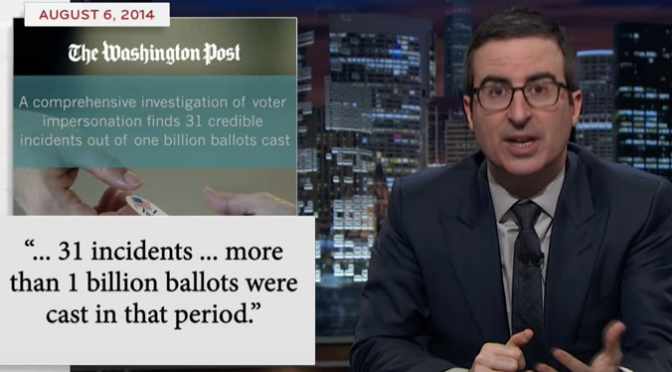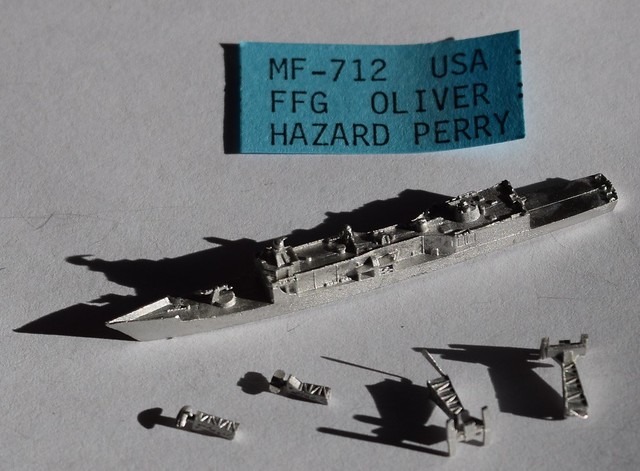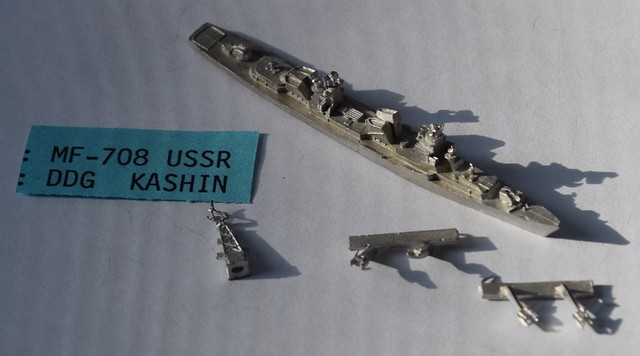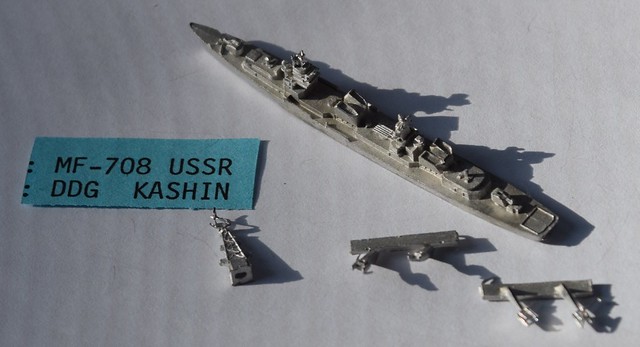Yves Smith has a useful overview of the pitfalls facing the European banking system and as a result Europe generally: Eurobanks: The Probable Point of Failure as Systemic Stress Rises. It is worth your time, but I’ll summarize the key points.
As Yves’ points out 1/4 of the advanced economies are now in negative interest rate territory. With negative interest rates you are paying to loan someone your money with the result that your capital declines in both relative and absolute terms. This creates an incentive to park your money in cash, which at least won’t decline in absolute terms, though it will decline in relative terms due to inflation (currently a paltry 0.4% in Europe). She points out:
But its utterly stunning to see this move not only being treated as a sound policy option, but actually being implemented. Deflation is the worst possible place to be in an economy with heavy debt levels. Economists have managed to forget the most basic lesson of the Great Depression, and tell themselves the bizarre story that putting money even more on sale will lead people to borrow and spend. Earth to central bankers: they won’t if they are worried about their future. What is needed is more demand, which means more fiscal spending and better incomes for workers, which means more labor bargaining power. Yet orthodox policymakers are deeply allergic to both ideas.
Or as they say in monetary theory, you cannot push on a string. The central bank policy of the US, Europe, Japan and China was and is to make sure money is plentiful for the financial sector in the hope that that it will be lent out and used to increase demand. But US and European bank balance sheets are still full of bad loans and giving them cheap money papers over the problem, but doesn’t solve it. With demand low, US & European banks have little reason to risk loaning money to the private sector, but are better off buying government bonds and using the interest rate differential to shore up their (still) poor balance sheets. Japan had its lost twenty years. The US and especially Europe are making good progress in catching up with Japan.
In China, the excess money went to increasing production, which since demand isn’t rising fast enough, meant too much supply for the demand and thus product deflation. Charming. The solution of course is increasing demand, but Europe and the US leaders are more interested in keeping wages down, profits up and the rich richer.
The European Central Bank (ECB), like the US Federal Reserve of the late 20s and early 30s, is ill equipped to deal with the situation. Prior to the 2007 financial crisis the European Central Bank was a “currency union with a think tank” (don’t remember who first said that, but it is accurate). There is no European-wide banking insurance system ala the US FDIC, rather each state has to deal with its own failing banks. Ireland’s government debt went from 20% of GDP to 123% of GDP in 2013 due, in part, to socializing the bad bank debts. It was even forced into it by the ECB.
The ECB’s current solution to any bank failures is to convert depositor’s money into stock in the company which was tried in Spain and the 2012-13 Cyprus financial crisis. Using bail-ins to resolve insolvent banks makes the banking system less, not more stable:
The bail-in provision, which is now in place all across the Eurozone as part of the new EU banking rules that became effective January 1, is supposed to occur only when national deposit guarantee funds fail, and those are supposed to cover deposits of up to €100,000. There is a EU-wide second layer of insurance that is being implemented in phases, but it is more fig leaf than real. We’ve mentioned that there is a slow motion bank run underway in Italy, reflecting the fact that alert large depositors (and perhaps even smaller ones) recognize that they are at risk. Anyone with an operating brain cell will move their money out in part or in whole if they think their bank is at risk. Thus bail-ins increase the odds of bank runs, the last thing a regulator wants to have happen.
As do contingent convertible bonds, called cocos:
All cocos, however, take losses contingent on one or more trigger events: for example, the issuing bank falling below a preset capital threshold, or a decision by regulators. The triggers can push some cocos to convert into shares, while others instead write down to zero.
There is a second catch: risk. In good times, cocos behave like a normal high-yield bond, but in falling markets they expose investors to equity-like losses and volatility. In financial jargon this is called negative convexity, or “death spiral” risk: losses accelerate as things get worse.
With China seeing money leaving at a fast pace, how long it can keep from devaluing is an open question. If it does, the deflation problem will only get worse, putting further pressure on everyone’s banking system, especially Europe’s. France, the Netherlands and the UK banking sector assets are over 350% of GDP with Germany, Spain and Portugal not far behind. These have only grown since the start of the financial crisis. If enough French or German banks go belly up, the ECB has put in place rules that will only make the resulting financial and economic crisis much, much worse. Our elites always seem to learn the wrong lessons from history.









